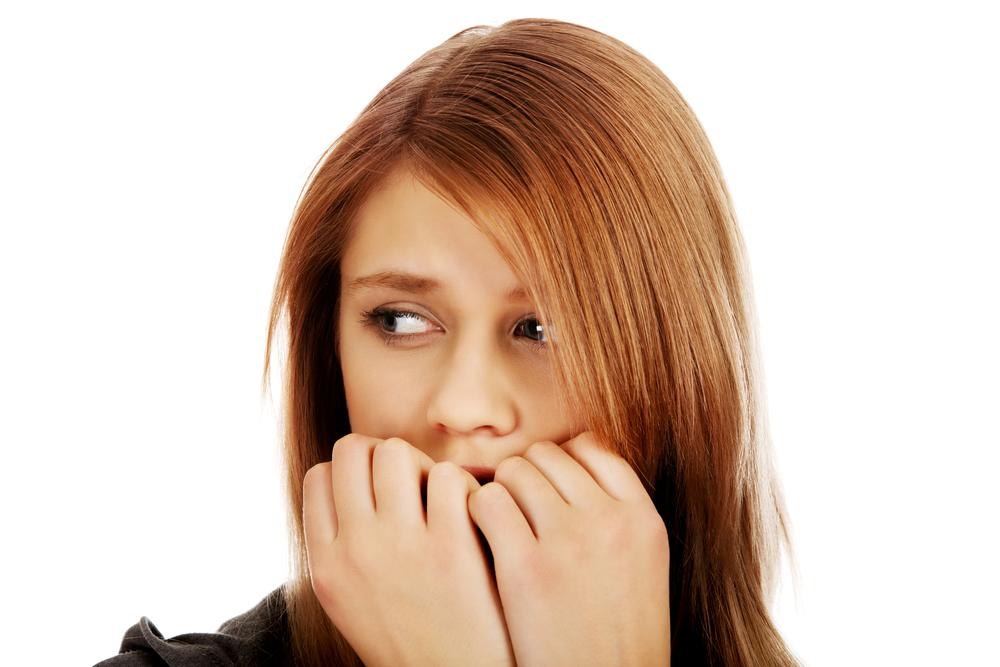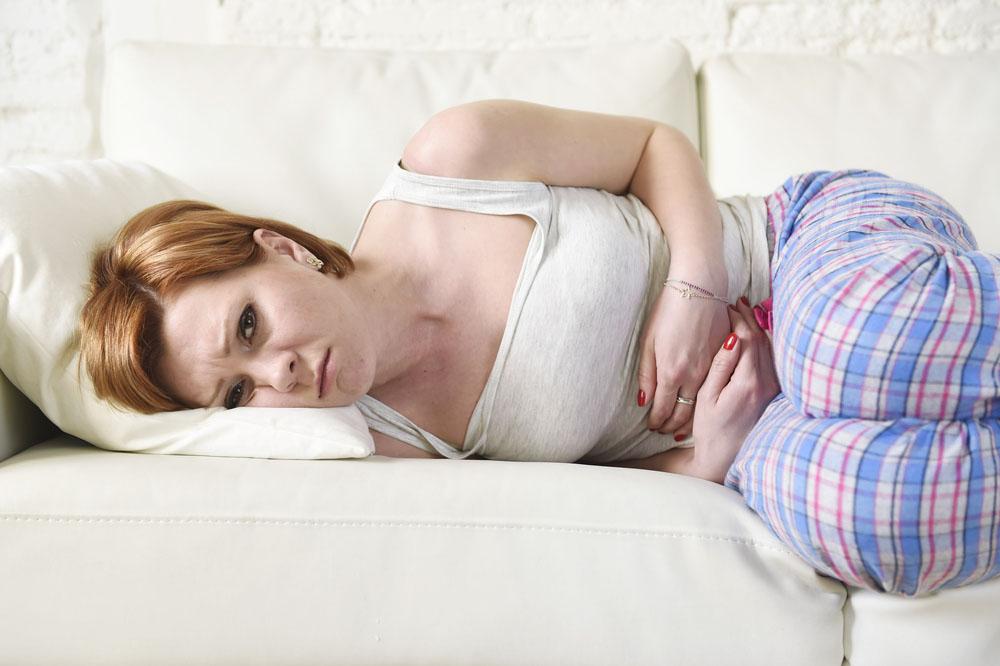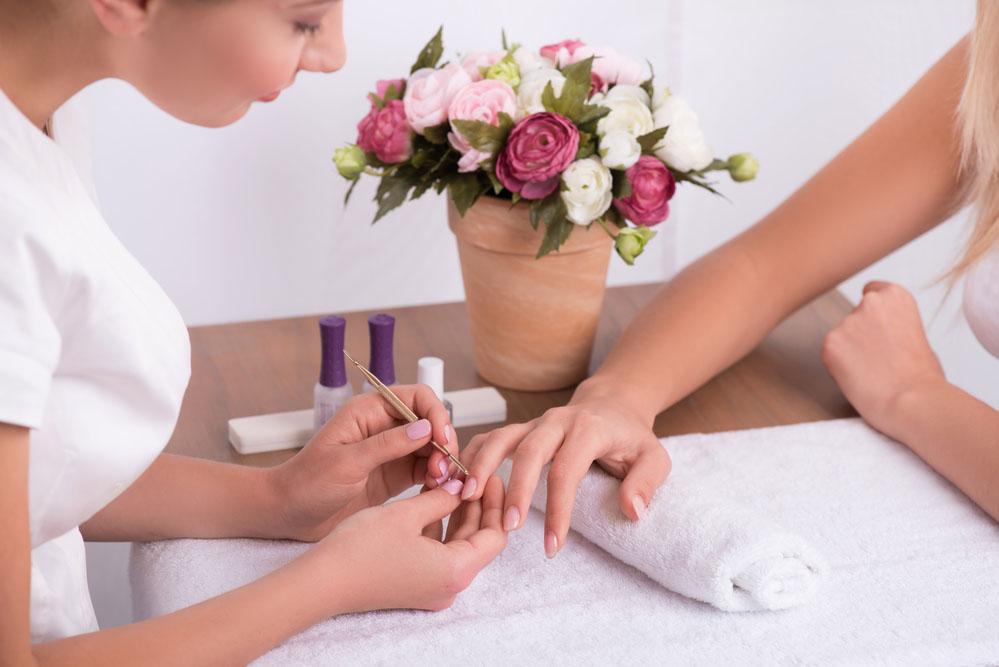
Onychophagy is a term used to describe the habit of biting nails which, although it is most often associated with a condition affecting children and adolescents, is often also an adult problem. Very often it accompanies problems of a psychological nature and consists in notorious biting of the nails, sometimes even involuntarily. Everyone probably knows this problem, unfortunately only a few are aware that it can be very dangerous.
Why are we biting our nails?
Most often it is a way to discharge the negative emotions that accumulate in us and with which we can not cope in any other way. So it is a reaction to stress, fear or excessive depression. It can also be a "trace" because some traumatic experience or a symptom accompanying depression. It also happens that this habit manifests itself in moments that cause us to suddenly burst with unrestrained joy or when we have to perform a difficult task. We bite our nails reading an exciting book or watching a suspenseful movie, but also when we get bored. With time, we stop controlling it, and any situation that in some way goes beyond the norms of our life becomes an opportunity to bite. Initially, damage to the nail plate is small, but as time goes on when the habit gets stronger, we can even compare it to mutilation. A person suffering from onychophagy is as if in a trance, he does not feel the pain accompanying the injuries he has suffered and cannot refrain from biting. It may be related to happiness hormones that are produced in our body - endorphins.
What threatens onychophagia?
- Aesthetic aspect - nail biting has a number of consequences, most of which we are not fully aware of. Most often we pay attention to the aesthetic aspect. The result of this habit is deformation and weakening of the nail plate. The fingers become swollen and the nails short and wide. The hands of a person suffering from onychophagy do not look aesthetically pleasing, and yet he continues to bite his nails, trying to restore the plate to its acceptable condition. The problem, however, is that this condition is impossible to achieve at some point, the hands are starting to look worse, and the nails are permanently damaged. Bitten can be a reason for embarrassment and sometimes even withdrawal, which in turn intensifies stress and a number of other bad emotions, becoming the reason for the persistence of the habit, i.e. the circle closes and the problem deepens.
- Damage to the natural protective barrier - biting nails and cuticles around them, we give a free path to all bacteria, viruses and fungi, which under the nails is a really big collection. Therefore, damaged nails and injured fingers are very often infected with various types of infections

- Diseases of the oral cavity and more - our hands are a breeding ground for bacteria, if we looked at them under a microscope, we could notice that there are really many microorganisms lurking on them. All of them without any problem go to our mouth along with the bitten nails. A warm and humid environment is the best place for them to develop, which is why people biting their nails very often complain of various types of oral infections, e.g. thrush, herpes and inflammation of the gums. Biting nails, we can also get infected with pinworms, tapeworm, staphylococcus, salmonella , E. coli, and HPV human papillomavirus. Onychophagia is also the cause of digestive system diseases. By introducing harmful microorganisms into the body, we expose ourselves to a number of ailments, we are threatened by inflammation of the intestines, liver and stomach, which may be manifested, e.g. by diarrhea or acute abdominal pain. We are also more often affected by colds and the risk of various infectious diseases increases.
- Dental problems - biting nails also weakens our teeth, causes enamel abrasion and hypersensitivity, increases the risk of tooth decay, and if it lasts long, it can also cause jaw deformity.
How to get rid of this embarrassing habit?
If we are dealing with its mild form, i.e. we bite nails or cuticles occasionally in situations that we can define. Our fight will be much simpler than in the case of people whose problem is an acute form of onychophagy, i.e. uncontrolled, almost continuous nail biting comparable to mutilation. If you want to get rid of this problem, start by "naming" situations in which you bite your nails , if it's a movie, for example, try to take care of your hands, unload your emotions by clutching the ball in your hands, play with a pen or start knitting or crochet. However, if you bite your nails while working, e.g. on a computer, chew gum or try to have a healthy snack on hand. You can also try varnish or gel preparations (bitter fingers) available in stores and pharmacies, which by changing the taste of your nails may be able to stop you from biting them. Careful nail care is also a good way. Give them a little attention, apply a conditioner, moisturize your skins or go for a professional manicure. Well-groomed hands will certainly be a good motivation to break with this unsightly and dangerous habit. If your problem is excessive stress, try spending at least half an hour a day to relax and calm down, when you get rid of negative emotions, it will be easier for you to face this habit.

It is also worth finding a way to discharge negative emotions, here physical effort can be helpful, try to include it in your daily duties.
Remember, however, if the problem is serious and home remedies have no effect, you may need to see a doctor. You may need special psychological therapy and the use of medicines to help you deal with this problem.
If you know a person who is struggling with onychophagy, try to help him, support and motivate him. Biting nails is a dangerous habit that is very difficult to get rid of, so the help of a loved one may be necessary.
